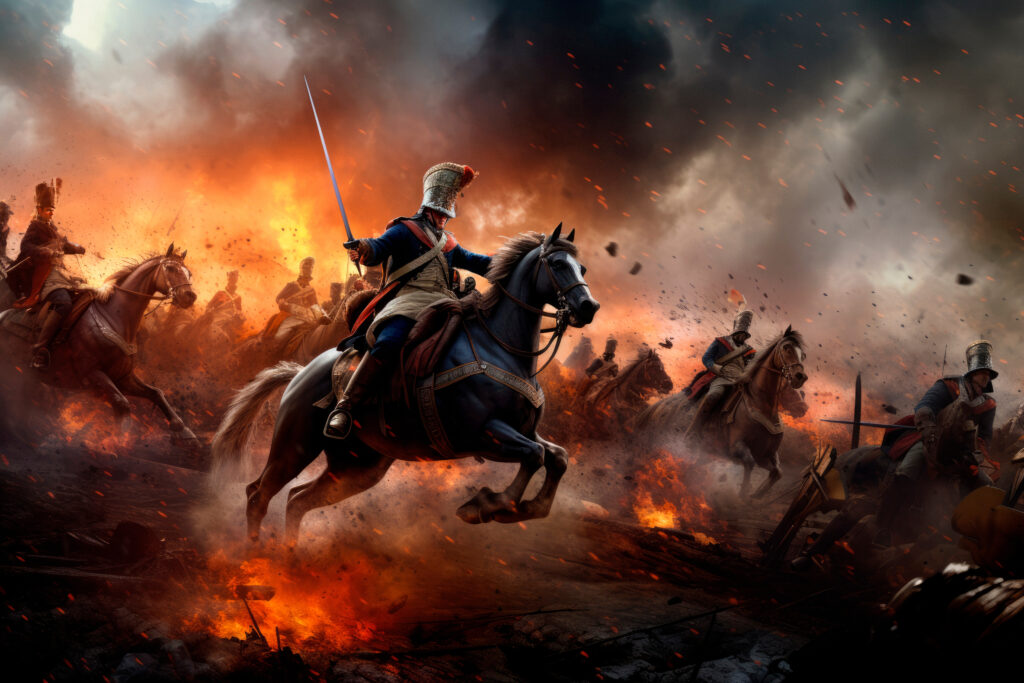Adam L. Storring of War on the Rocks tells his readers that Ukraine’s predicament is in many ways similar to that of the German state of Prussia during the Seven Years’ War. In that conflict, Prussia not only survived a long struggle against much larger opponents but even ended up militarily on the front foot. He writes:
As we enter spring 2024, Ukraine’s military position looks tenuous. Its counter-offensive in 2023 did not achieve the ambitious results that Ukraine’s allies had hoped for, and the Ukrainians are now under pressure from Russian forces that have great superiority in both troops and materiel.
In a recent article, Alexander Burns argued that Ukraine’s predicament is in many ways similar to that of the German state of Prussia during the Seven Years’ War of 1756–63. In that conflict, Prussia not only survived a long struggle against much larger opponents but even ended up militarily on the front foot. Delving deeper into Prussian history can offer even more into how this was, and is, possible.
The Seven Years’ War shows that there is more than one way of fighting the kind of war of attrition that we currently see in Ukraine and that, crucially, it is not necessarily vital to out-kill the enemy in order to win. Whereas the stronger side will take the offensive to grind down its opponent, even the side with fewer resources can still win a war of attrition by conserving its strength and waiting for other factors to turn to its advantage. Michael Kofman, Rob Lee, and Dara Massicot have argued that, in 2024, Ukraine should aim to “hold, build and strike,” and the record of Prince Henry of Prussia shows how such a strategy can indeed yield success. […]
Prussia’s experience in the Seven Years’ War offers hope for Ukraine, showing that, in a war of attrition, it is not necessarily vital to out-kill the other side in order to win. America famously found out in Vietnam that the body count is only one metric of attrition, and the Seven Years’ War shows that a strategy of attrition can take different forms. Whereas the stronger side needs to take the offensive, the weaker side can avoid combat where possible, preserving its limited resources and waiting for the political constellation to change or for the enemy to become economically exhausted.
Crucially, Ukraine does not need political changes of the magnitude that Prussia benefitted from. If its existing allies would just give it more support, that would make a huge difference. On the battlefield, Ukrainians can take heart from the example of Prince Henry of Prussia: a commander who carefully preserved his troops’ lives, helped drag out the war until other factors turned in Prussia’s favor, and then oversaw a deft counter-attack that helped bring the war to an end with Prussia militarily on the front foot. As Ukraine aims to “hold, build and strike,” it can seek to emulate such achievements.
Read more here.






